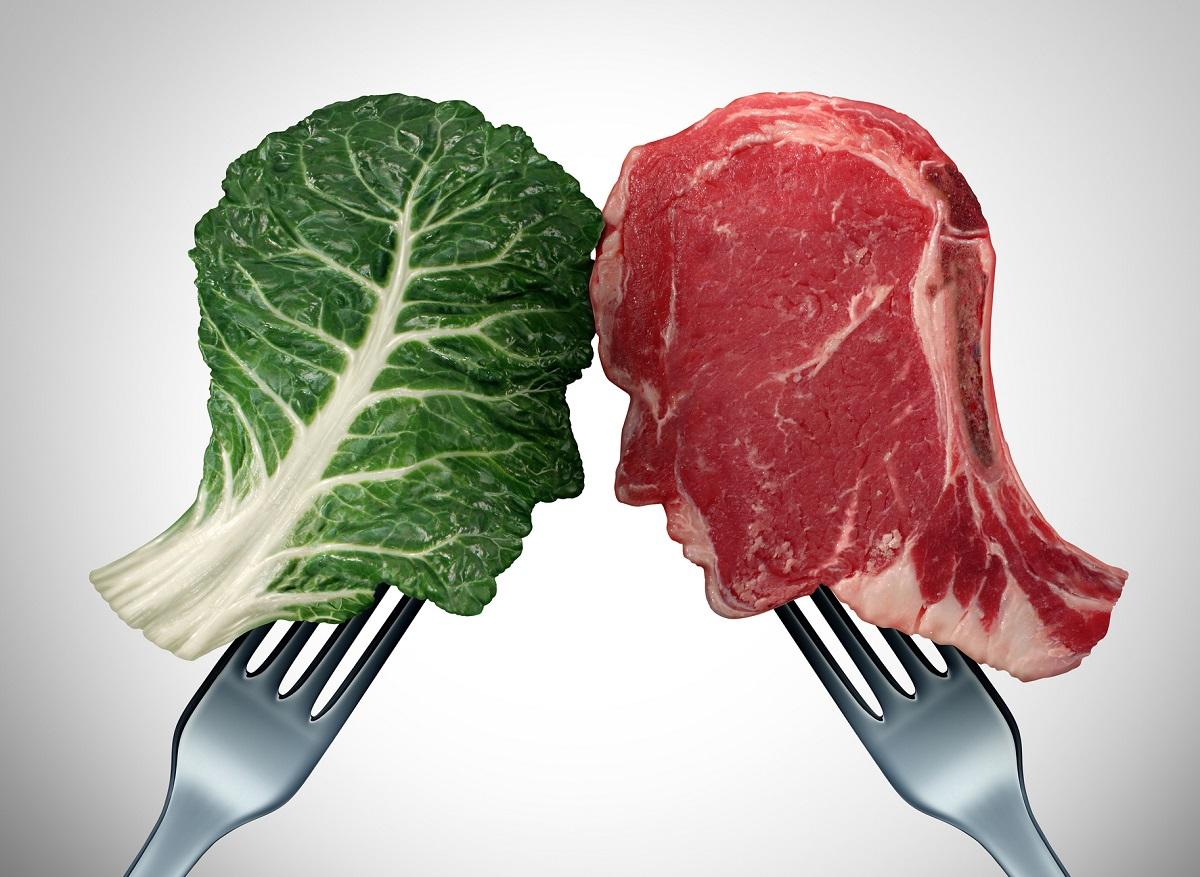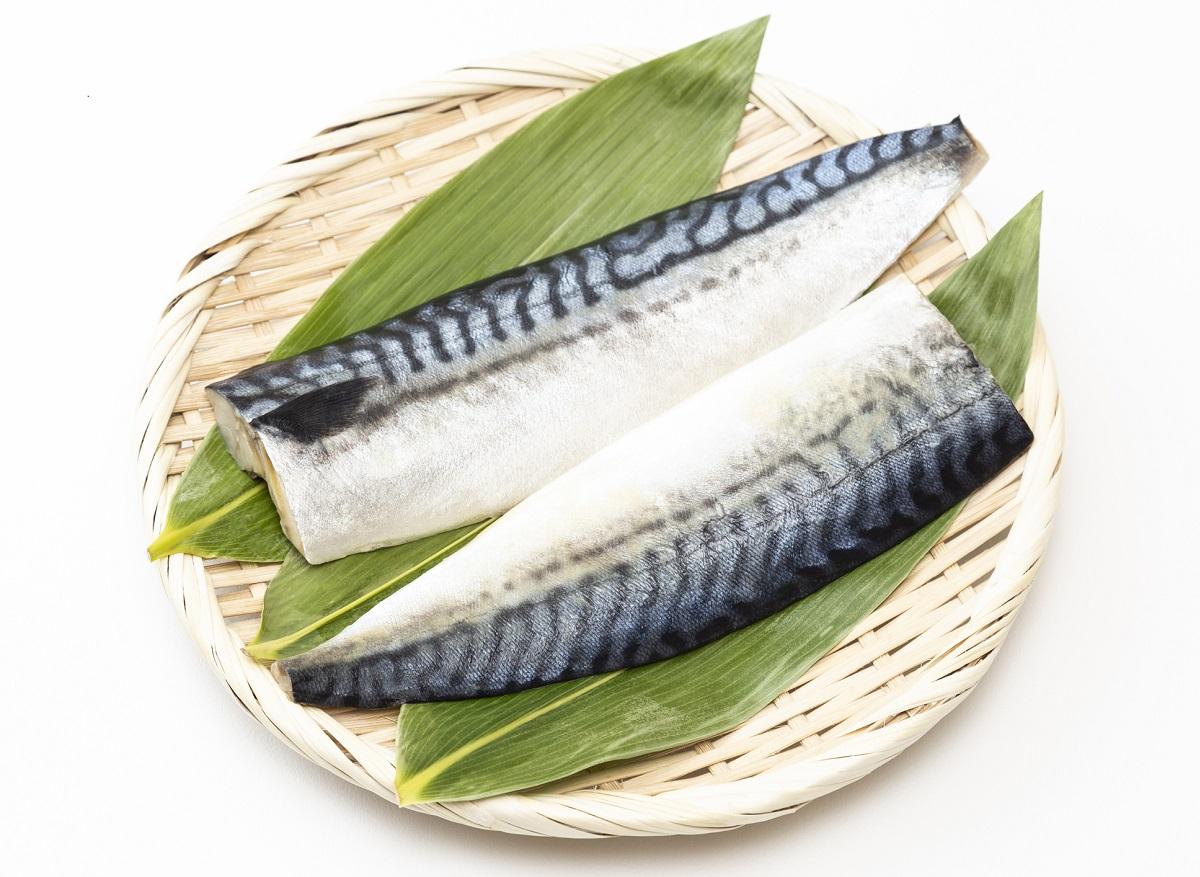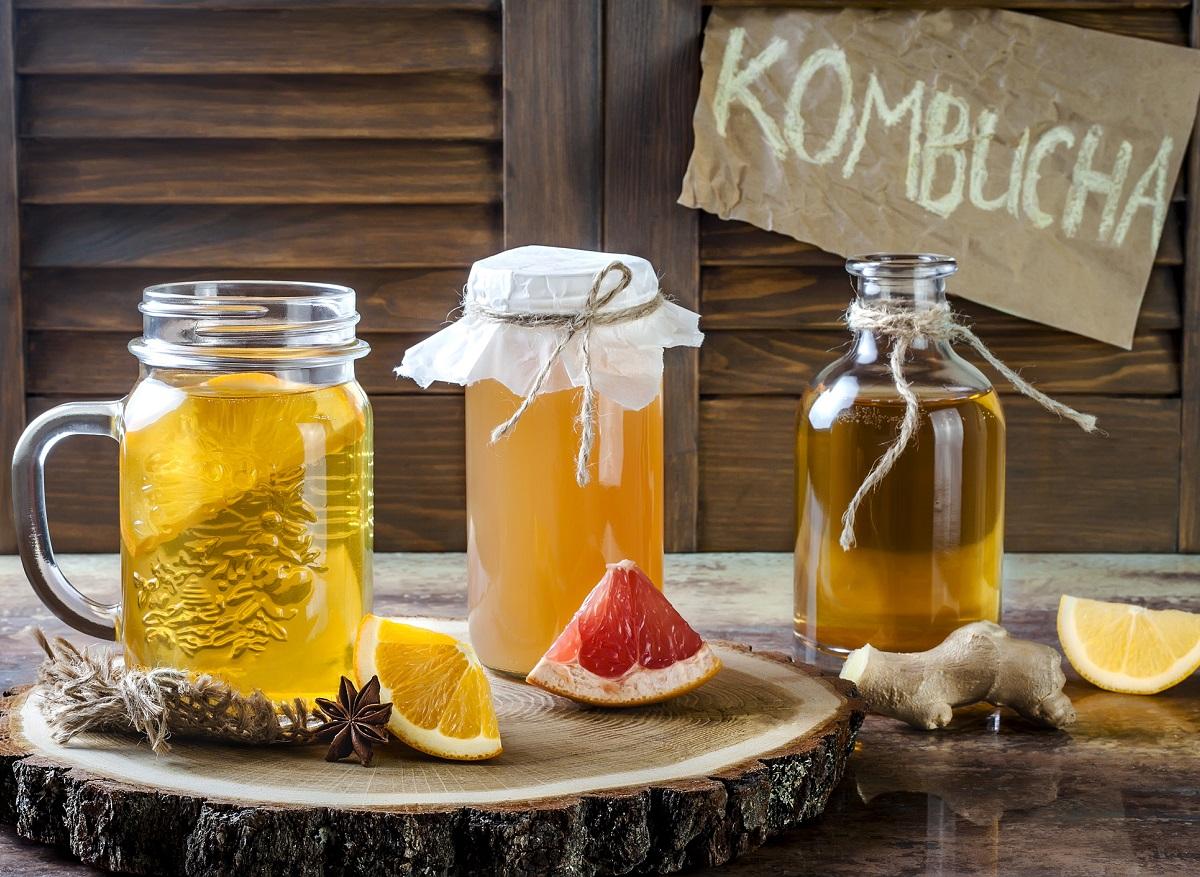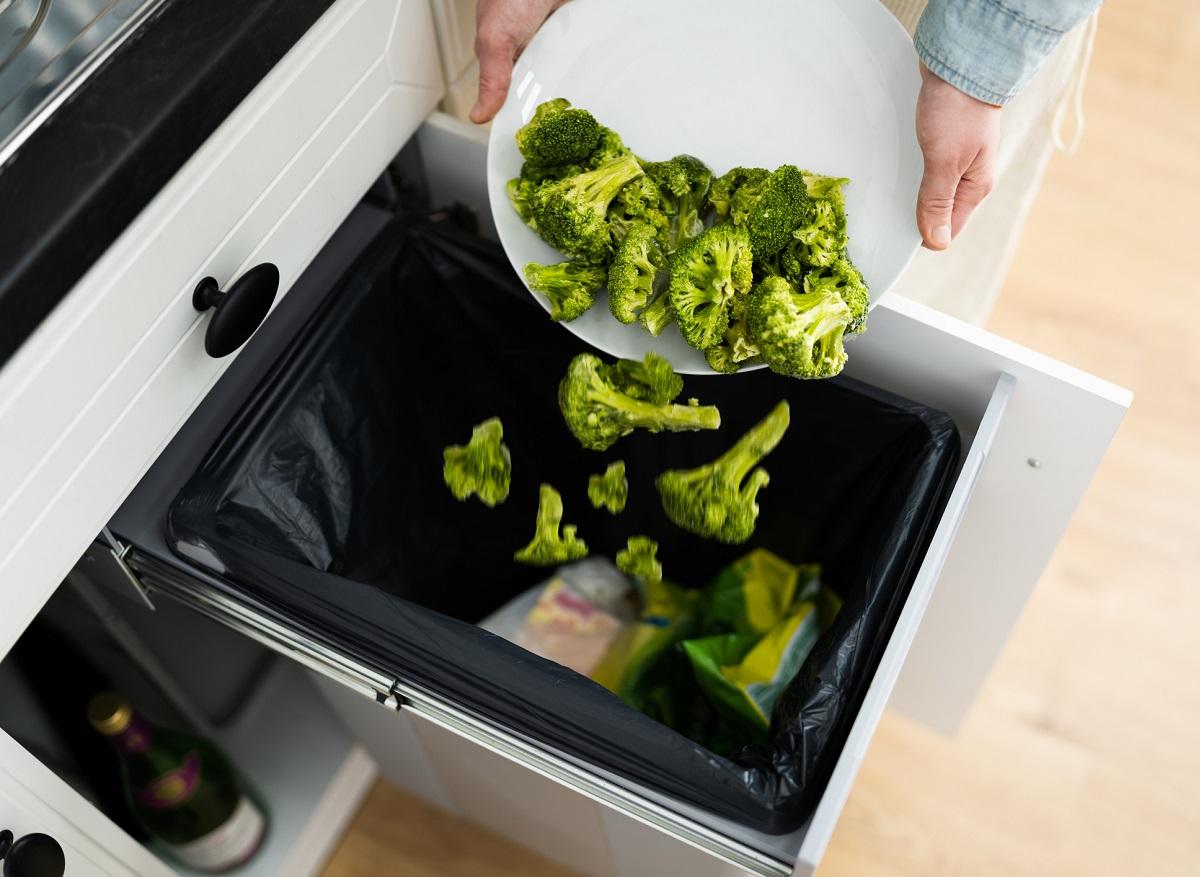Are you planning to start bodybuilding? Or do you just want to have a healthy diet with a good protein intake? Here are the five best foods for filling up on protein, recommended by American nutrition experts.
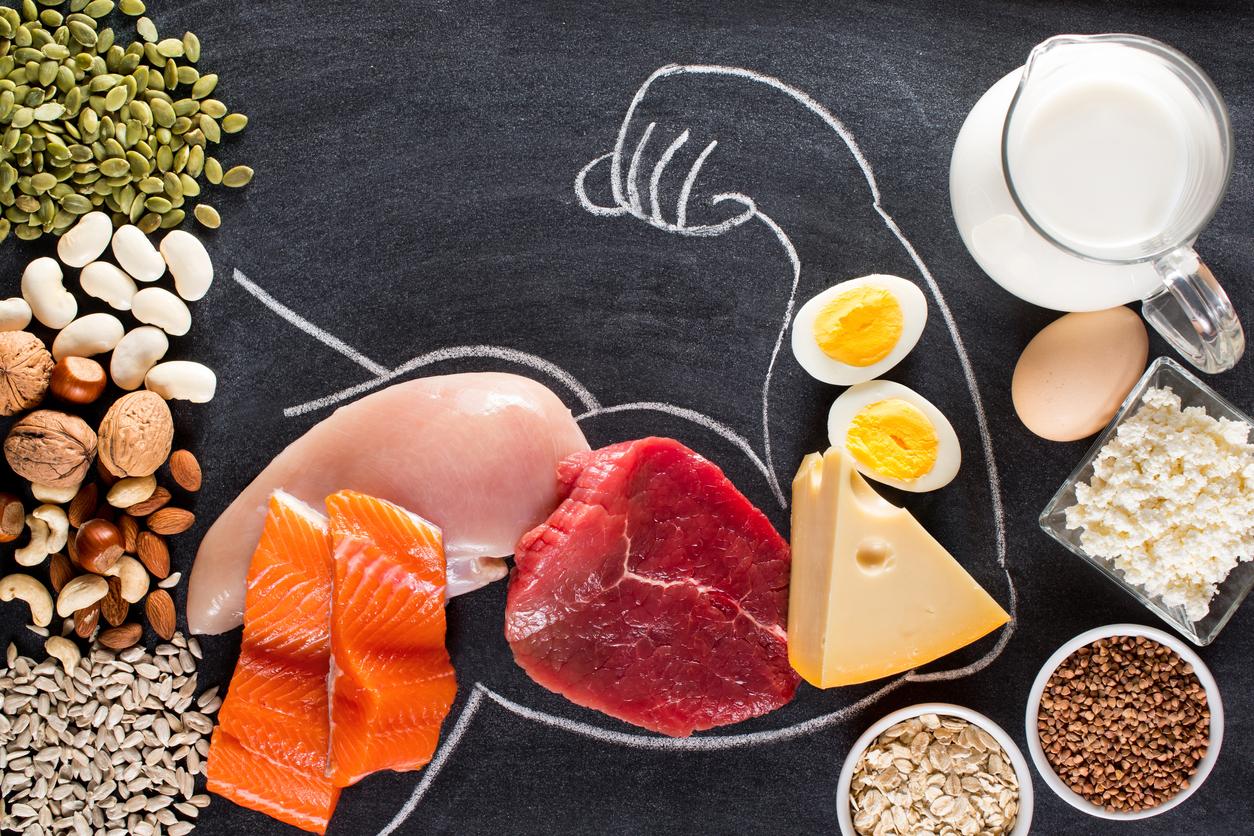
- Of course, there are many supplements that contain high amounts of protein.
- But it’s a good idea to try to get your protein needs from unprocessed foods as much as possible, before turning to protein shakes or bars.
- Supplements should only be used to supplement your complete diet if you are unable to meet your protein requirements through food alone.
If for the year 2023 you have made a resolution to register for the gym to maintain your muscles, adapting your diet to have a high protein intake will allow you to obtain better results. For you, we have therefore gathered, thanks to the work of StudyFindsthe advice of several specialized media and American nutrition professionals, in order to determine the five best foods rich in protein.
Before this list, let’s remember that beyond weight training, consuming adequate amounts of protein is necessary for a healthy diet anyway, to help your body repair cells and create new ones. According to Mayo Clinic, between 10% and 35% of your calories should come from protein. So if your requirement is 2,000 calories, that’s 200 to 700 calories from protein, or 50 to 175 grams. The recommended nutrient intake to prevent deficiencies in an average sedentary adult is 0.8 grams per kilogram of body weight. And as we age, we lose muscle, so an intake of about 1 to 1.2 grams per kilogram of body weight is recommended for adults aged 40 to 50. For athletes, this is between 1.1 and 1.7 grams per kilogram of body weight.
1. Eggs
Eggs are known to have high bioavailability, which means the body can easily absorb and utilize the proteins that come from them. The health information site Healthline writing : “Keep in mind that egg whites are nearly pure protein, but whole eggs that include the yolk provide many more nutrients, including vitamins, minerals, antioxidants, and healthy fats.” You can also read there: “If you’re concerned about the cholesterol in egg yolks, it’s important to note that plenty of research has debunked the idea that they’re bad for you.”
Indeed, they generally do not raise blood cholesterol levels very much. However, consuming too many yolks can cause you to exceed your daily fat intake. But, in moderation, “eggs are a great food for weight loss because they help you stay full for several hours after eating”according to DietDoctor.
2. Salmon and tuna
Salmon is a staple, and for good reason, the benefits go beyond just protein content. “[Le saumon] provides key nutrients like omega-3 and omega-6 fatty acids, iron, choline, vitamin B12, vitamin D, selenium and, of course, plenty of protein. A 3.5 ounce serving of salmon contains nearly 20 grams of protein, with less saturated fat than many meat options.”writes the health media Prevention.
Of course, it’s possible that salmon has a higher fat content than you’re looking for, in which case there are plenty of alternatives to salmon. For example, tuna. “Tuna is an excellent source of widely available protein that is also low in calories. Tuna is a lean fish with minimal fat”writes the health information site Medical News Today.
3. White meat poultry: chicken breast, turkey…
The media specializing in nutrition WebMD suggests consuming white meat poultry, especially chicken breast. It is not only high in protein, but also low in fat when eaten without the skin. “The skin is loaded with saturated fat, so remove the skin before eating”, advises WebMD. And there are almost endless ways to prepare it, which can help keep you from getting bored. “Dark meat (the flesh of the thighs and wings of poultry) is a bit higher in fat. That doesn’t mean you can never eat dark meat; just be aware that the fat content will be higher. high”writes WebMD.
4. Lean red meat
Although most health professionals recommend eating red meat – which includes unprocessed beef, pork, lamb, veal, mutton and goat meat – in moderation, lean beef is still a excellent source of protein, reminds Medical News Today.
5. Legumes
Legumes are highly recommended to obtain a good source of protein without necessarily consuming animal protein. Especially since these are foods with a much lower ecological impact than meat. “Legumes include a range of beans and peas such as black beans, chickpeas and lentils. They are loaded with protein, fiber and many key nutrients including calcium, potassium, magnesium and iron “writing Johns Hopkins University website.
According to Healthline, “Lentils are among the richest sources of plant-based protein you can eat, making them a great choice if you follow a vegetarian or vegan diet”. “Studies show that people who regularly eat lentils and other legumes have a lower risk of developing health problems like heart disease and fatty liver disease,” they notice.











